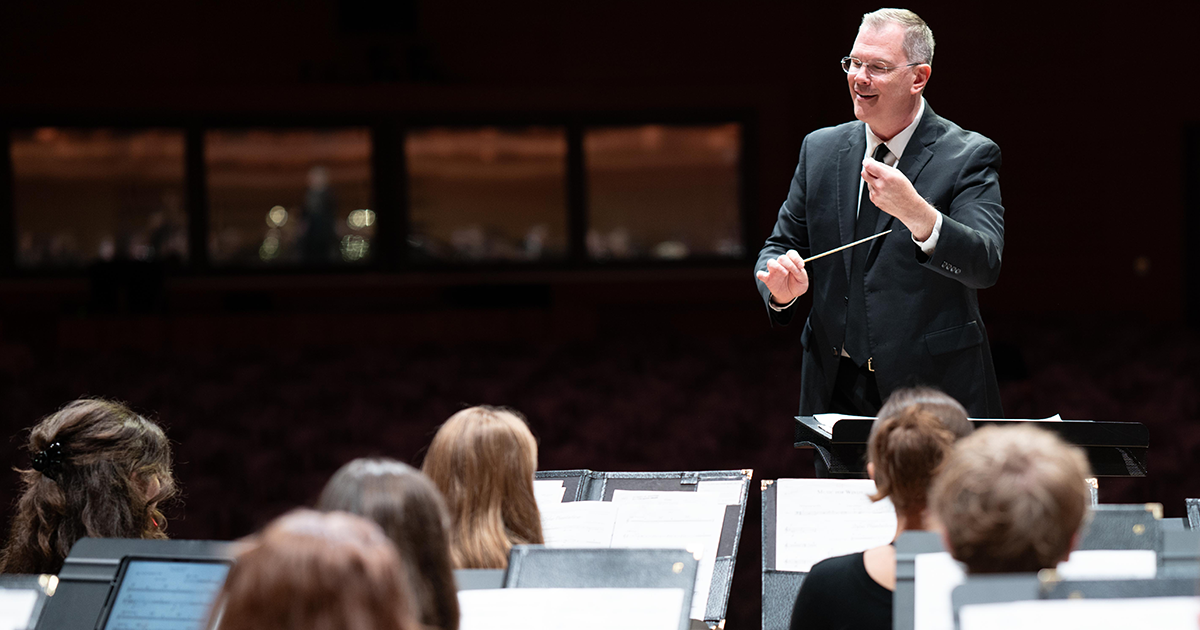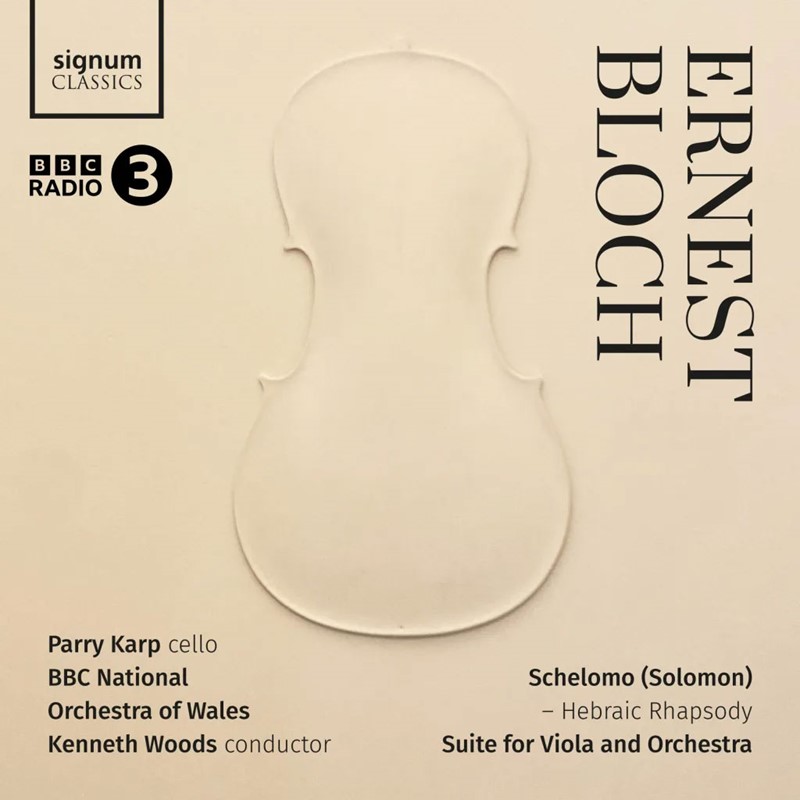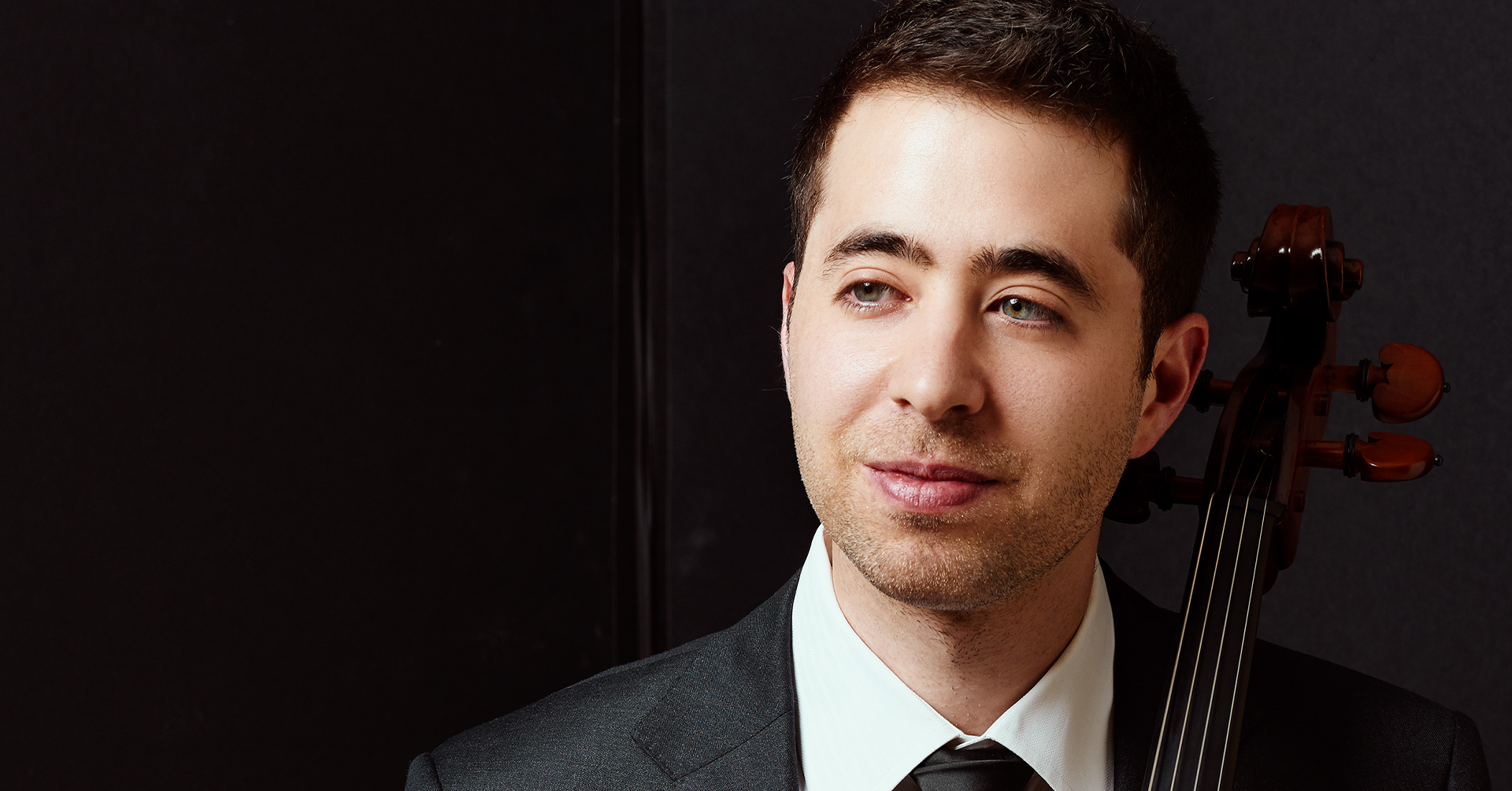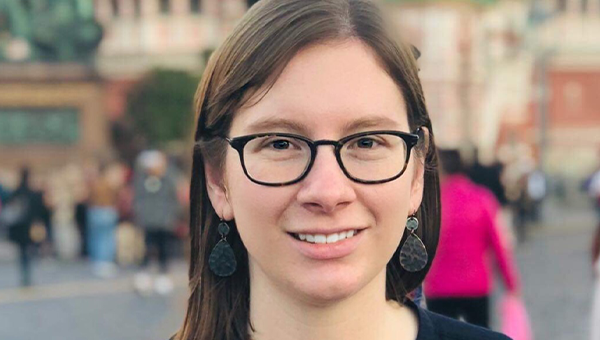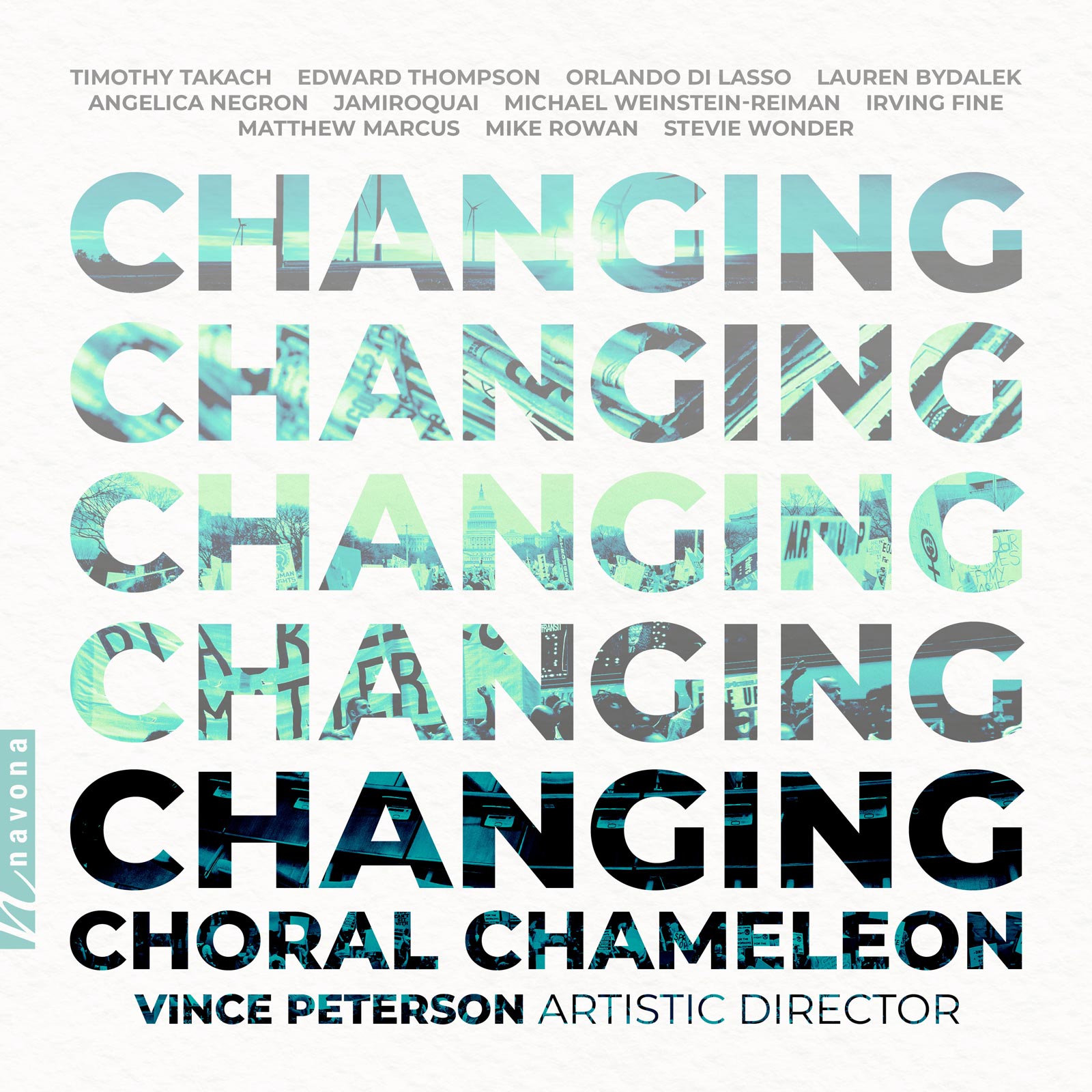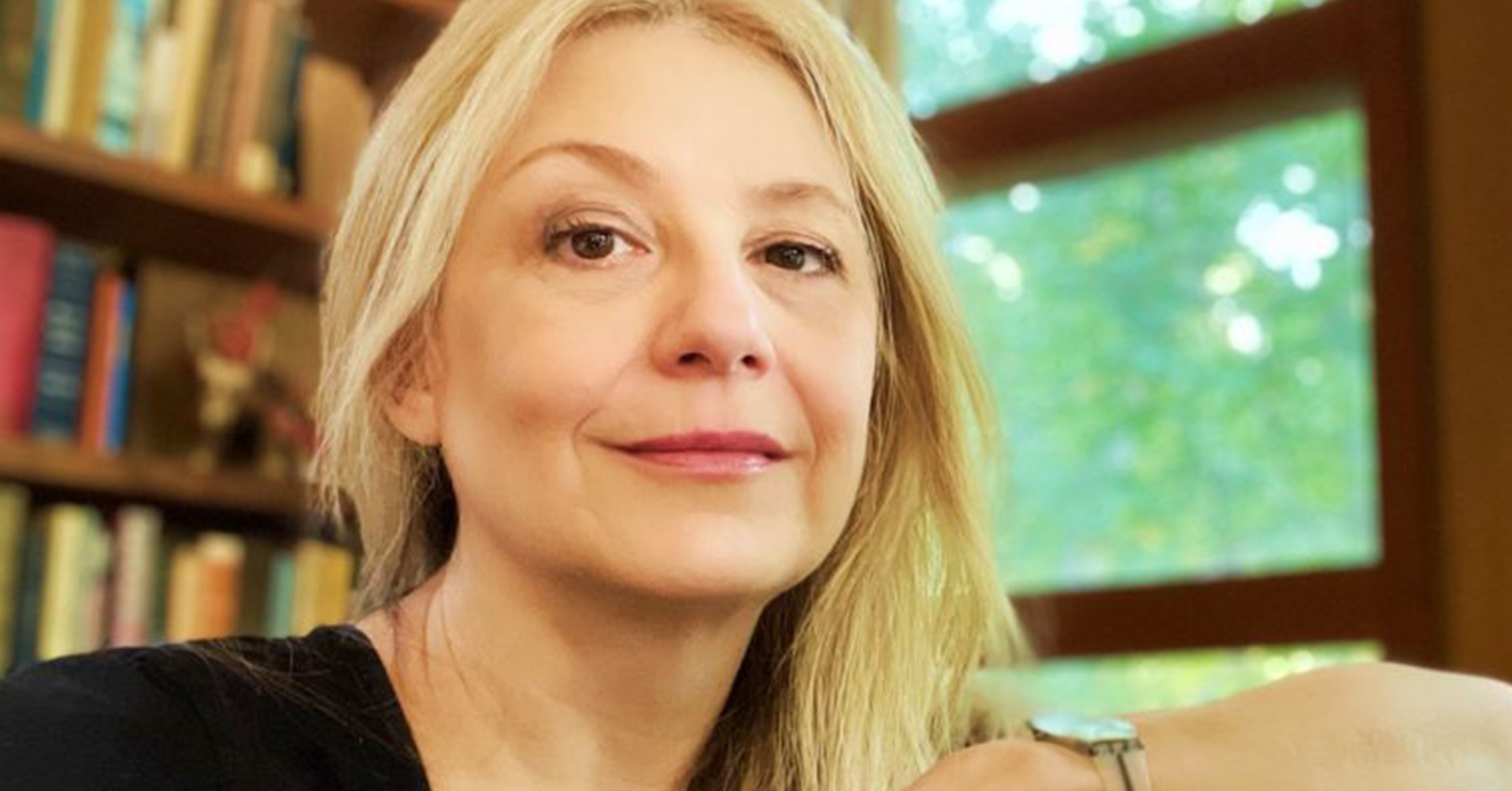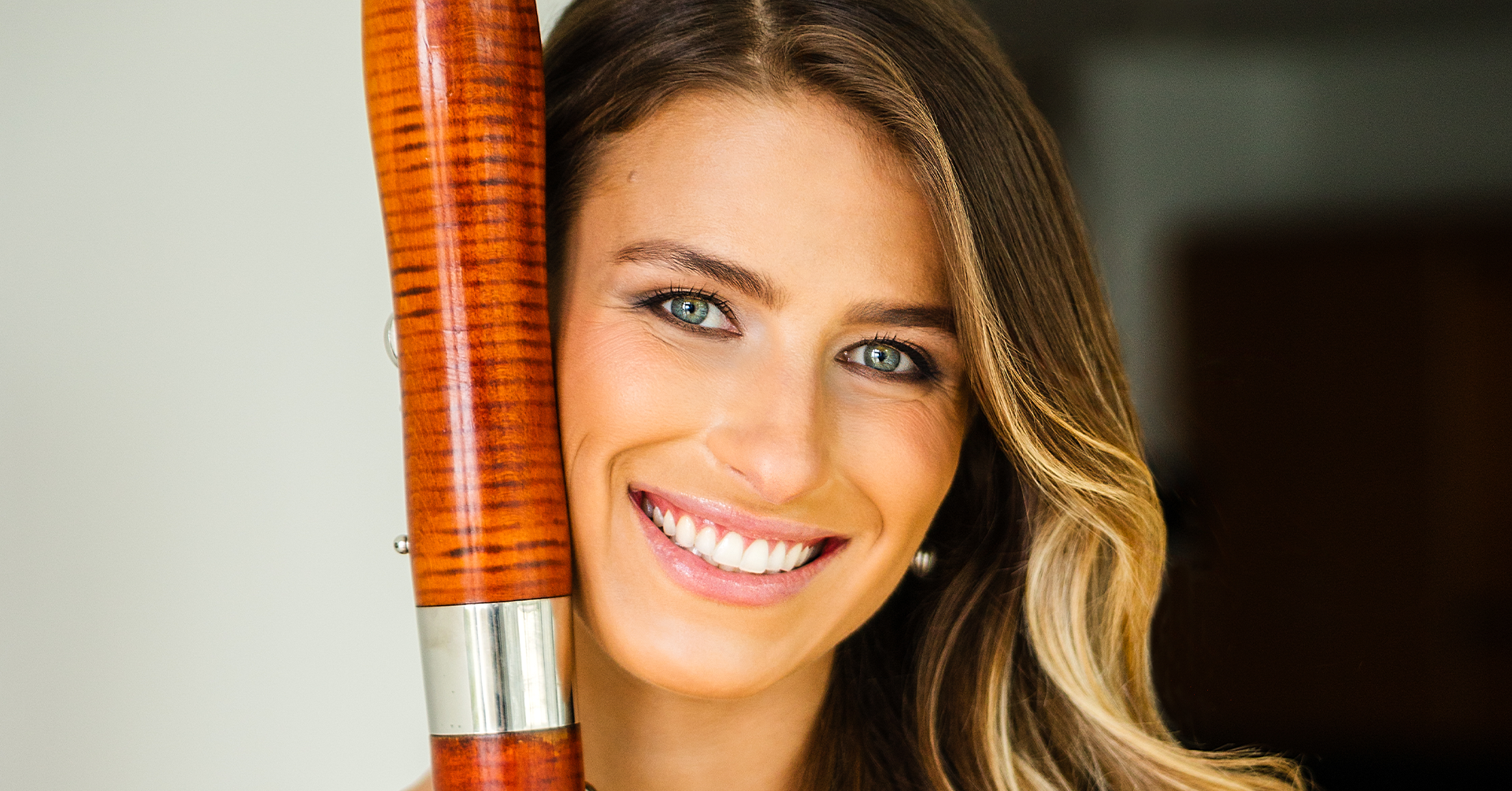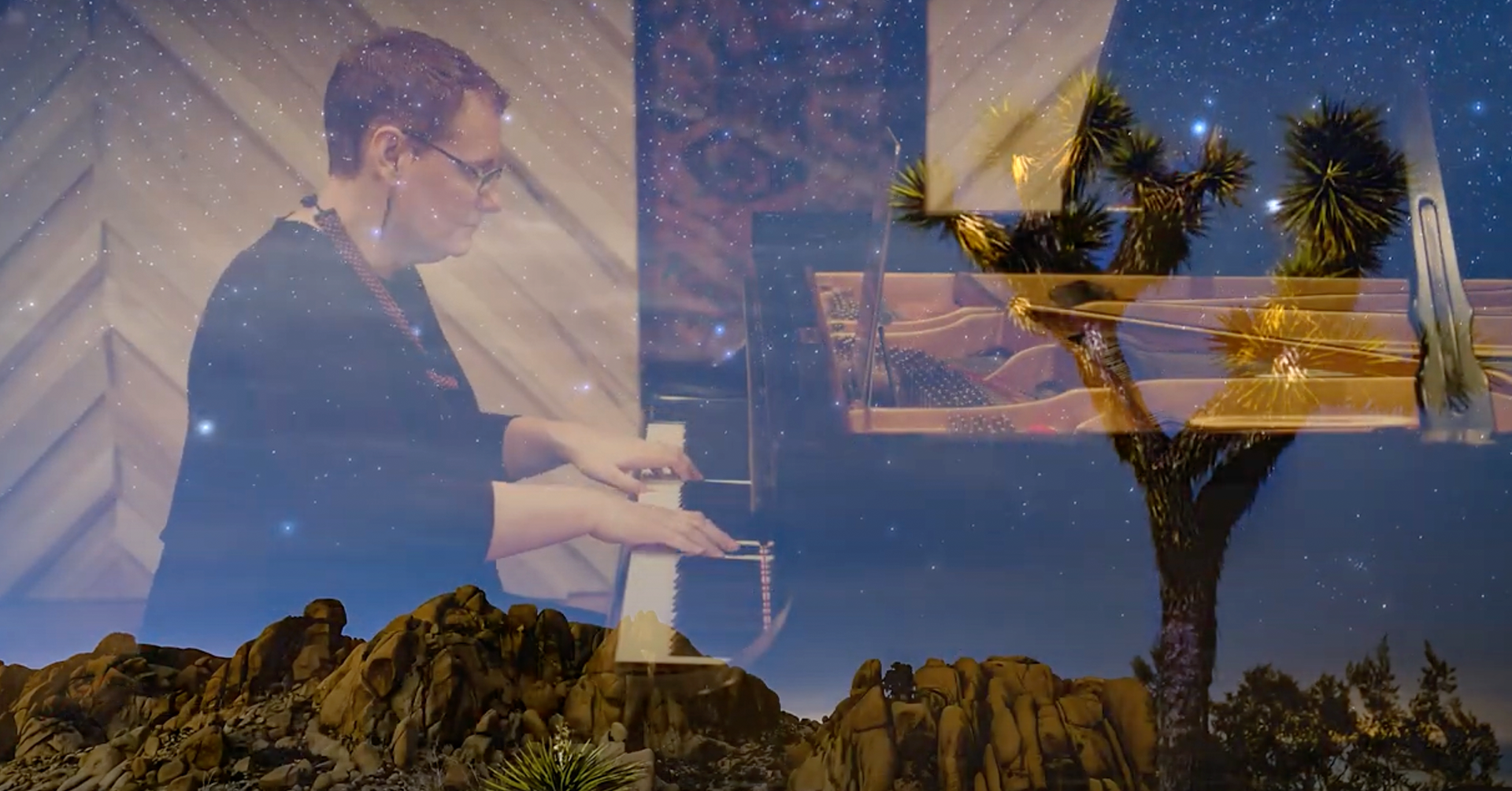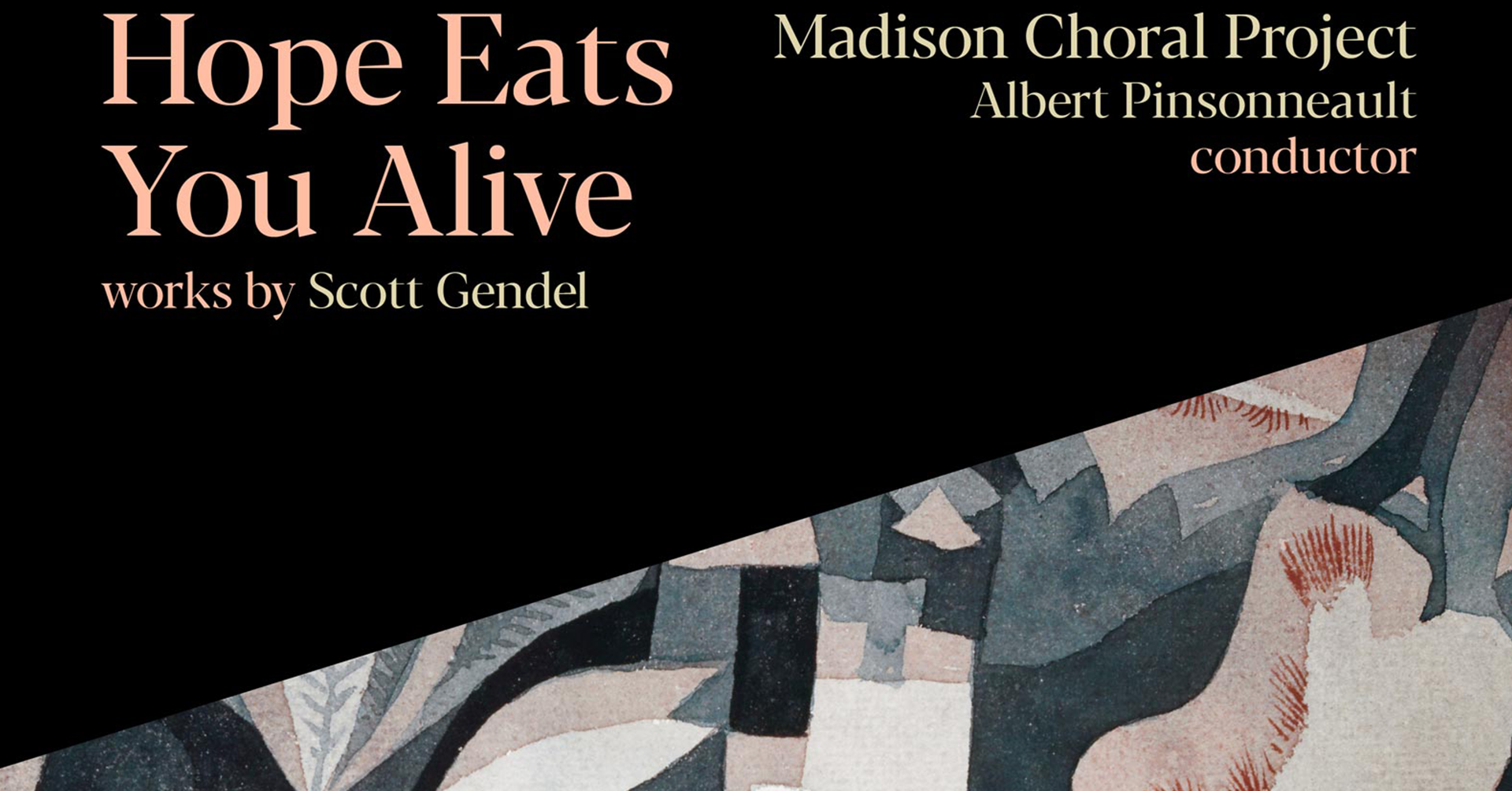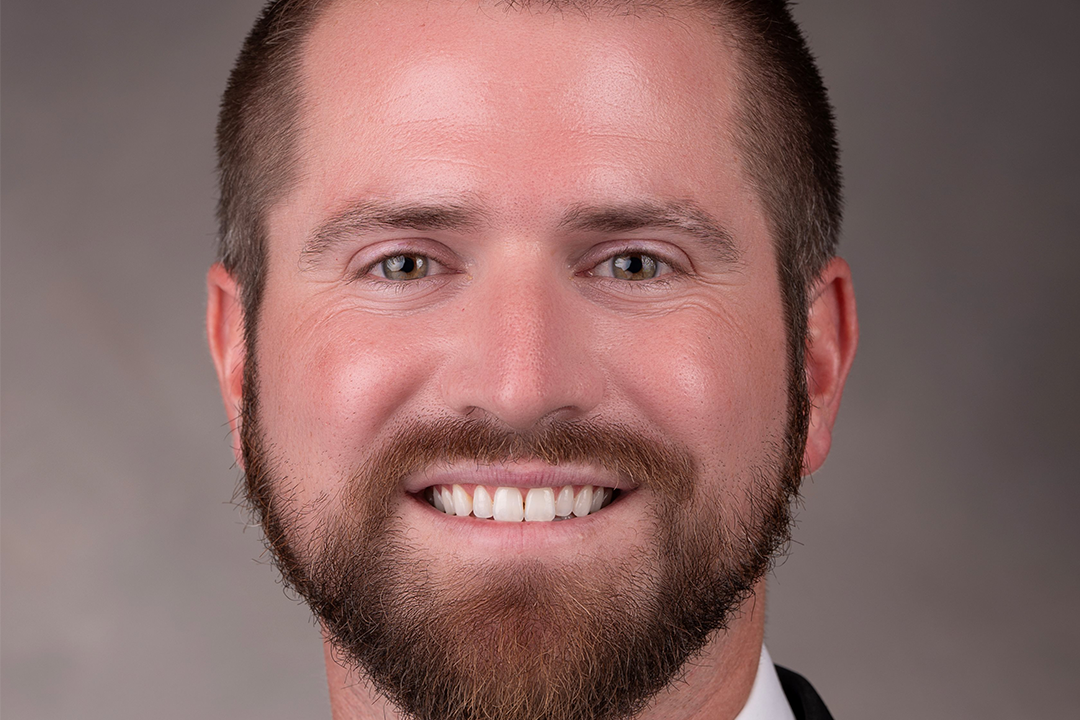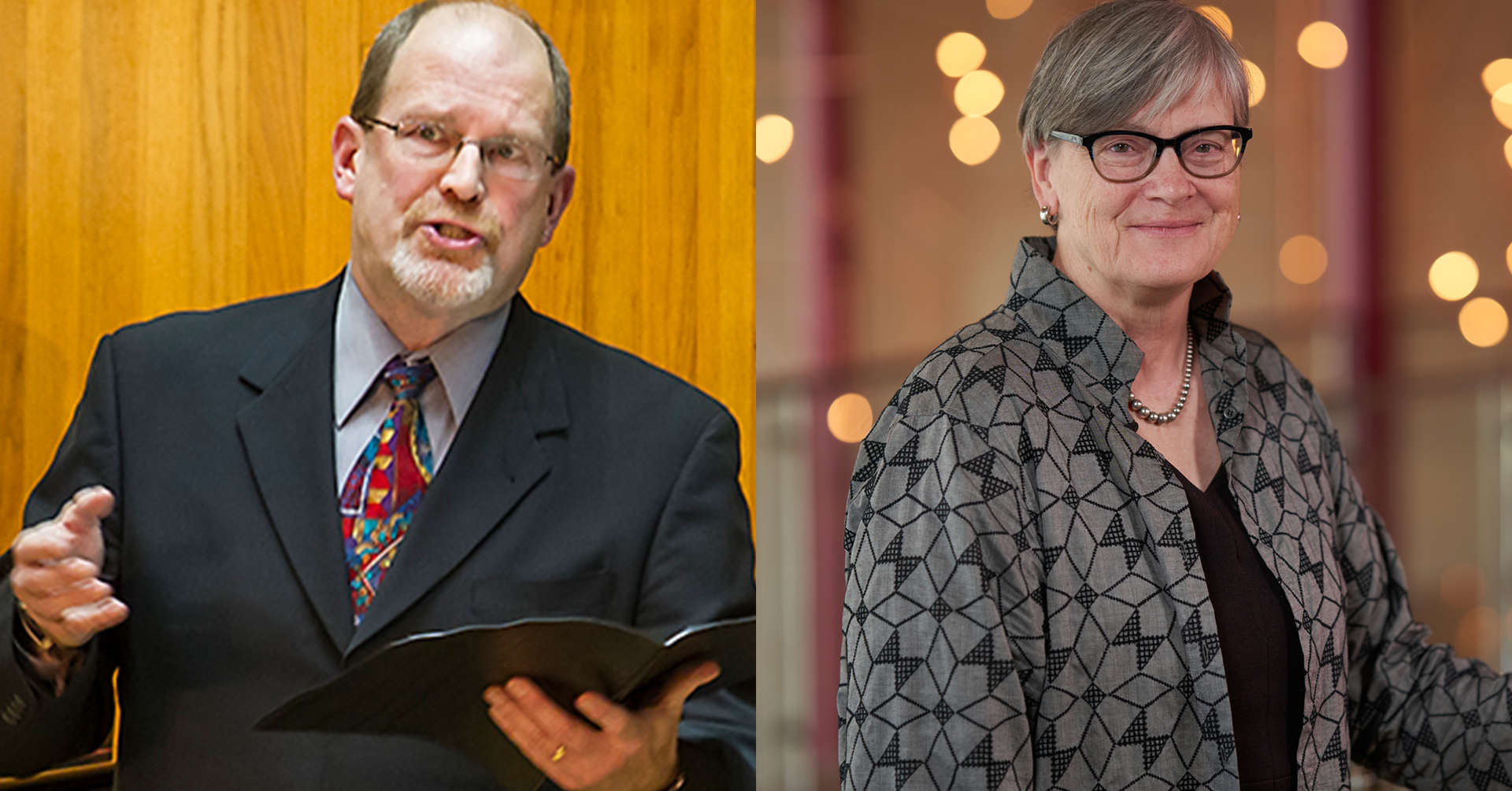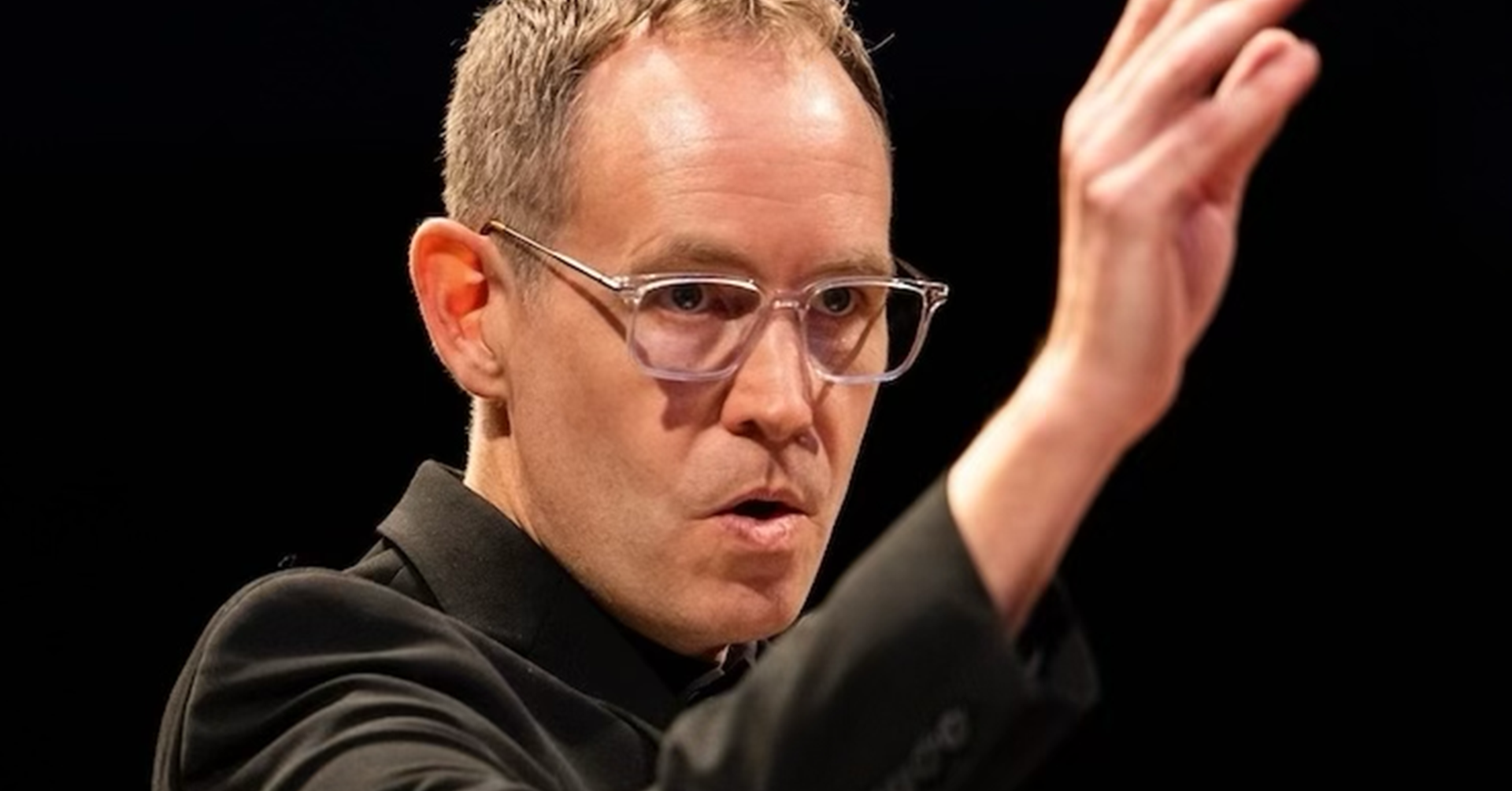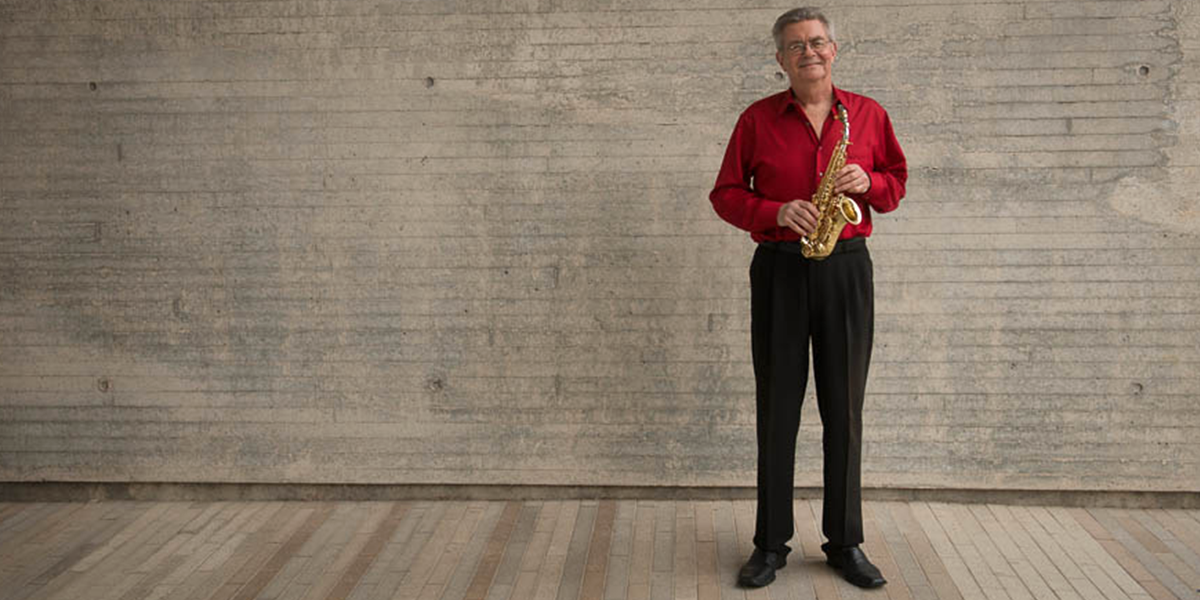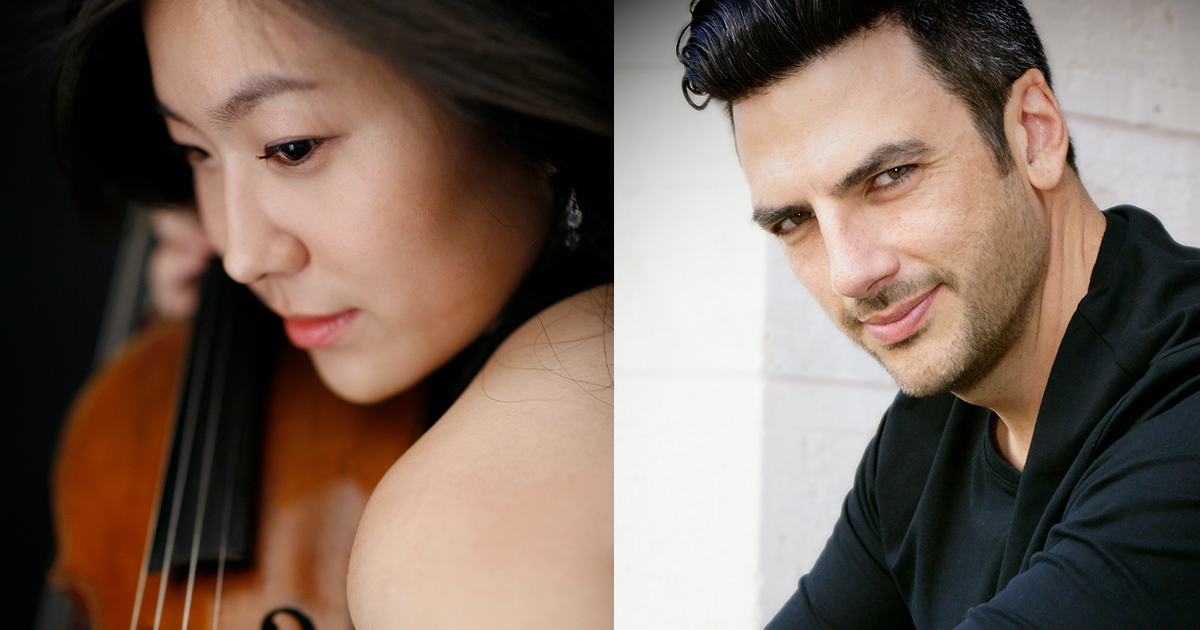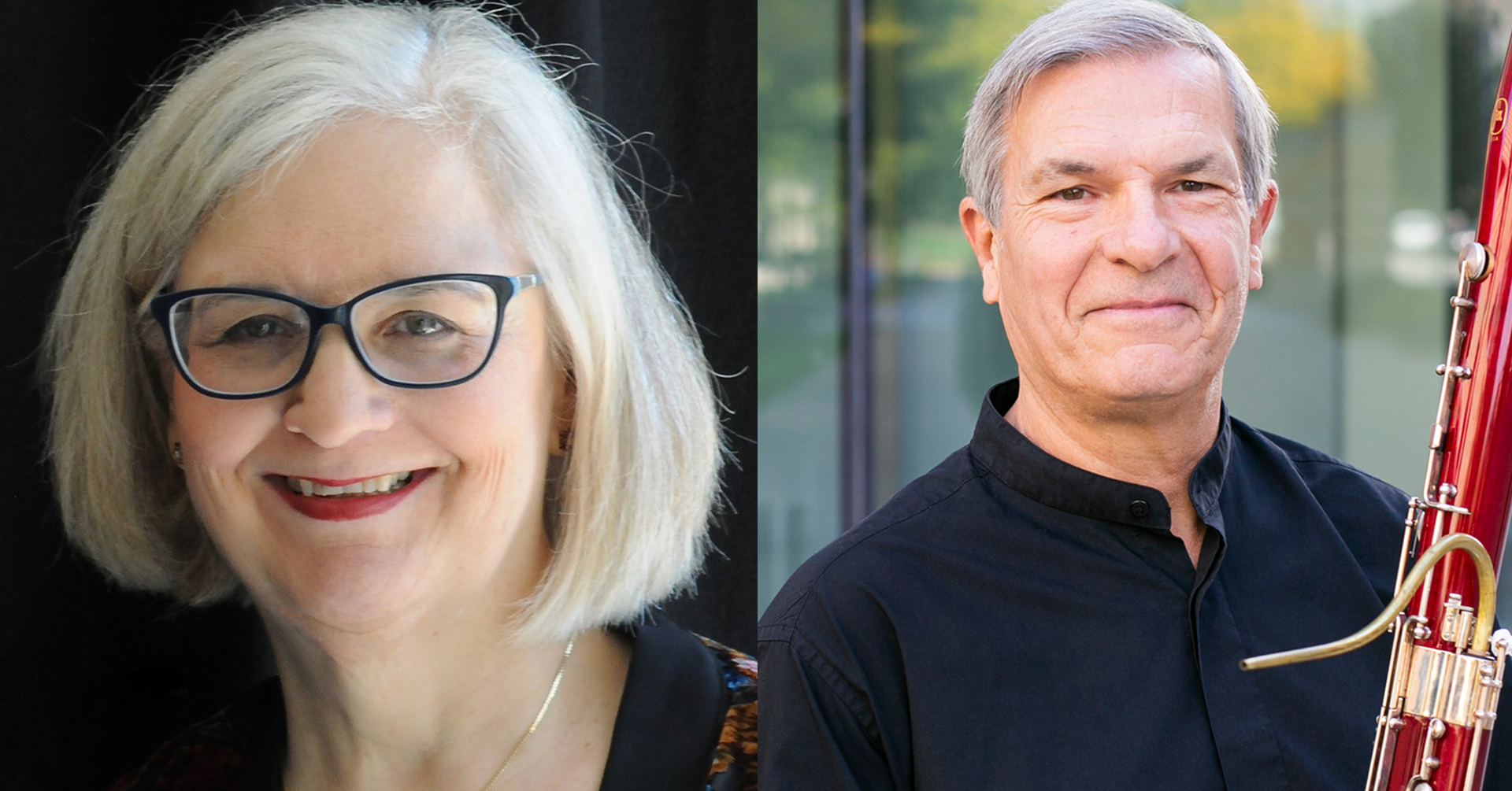
After distinguished careers, Professor Martha Fischer and Professor Marc Vallon have each announced plans to retire at the end of the spring semester.
“Professor Fischer and Professor Vallon have made innumerable contributions to the university and our school over the years,” Dan Cavanagh, director of the School of Music, said. “I have particularly benefited from their wise counsel, exceptional musicality, and warm personalities since arriving here two years ago. We wish them both the best in retirement, and know that their contributions will live on for years to come.”
In addition to her current duties as Associate Director and Director of Undergraduate Studies, Fischer has served as Professor of Piano and Collaborative Piano since 2000.
Her approach to piano pedagogy, emphasizing both technical proficiency and expressive artistry, has shaped the careers of many students. In 2022, she received the Chancellor’s Distinguished Teaching Award, which recognizes the university’s finest educators. Fischer’s students have gone on to hold positions as freelance performers and within academe, as well as to take their collaborative training into areas outside music where the lessons learned in her classroom continue to inform and strengthen their work.
Throughout her career, Fischer has recorded numerous albums, showcasing her versatility and interpretative skills. Her collaborations include recordings with trombonist Mark Hetzler, soprano Julia Faulkner, baritone Paul Rowe, tubist John Stevens, hornist Lin Foulk, and many others. For the past 12 years, Fischer and her husband Bill Lutes have presented their annual Schubertiade on campus, an all-Schubert concerts of lieder, vocal ensembles, and piano music in the style of the original Schubertiade.
In 2020, Fischer’s project “Replacement of Workhorse Musical Keyboard Instruments for Research and Performance” was one of 17 proposals funded through a Research Core Revitalization Program grant by by the UW–Madison Office of the Vice Chancellor for Research and Graduate Education and Wisconsin Alumni Research Foundation. This initiative provided funds for the purchase of replacement pianos in faculty studios and practice rooms, as well as an 1820s-style Viennese fortepiano.
Vallon joined the School of Music faculty in 2004, where in addition to his teaching duties, he has been a member of the Wingra Wind Quintet, one of three faculty chamber ensembles in-residence at the School of Music. His career is marked by contributions to both contemporary and early music, his dedication to teaching, and his extensive performance history.
Vallon started playing professionally at the age of 18 during his conservatory studies and joined the Paris-based Orchestre National de France and the Orchestre Philharmonique de Radio-France, performing under many renowned conductors including Sergiu Celibidache, Leonard Bernstein, Seiji Ozawa, Karl Boehm, and Lorin Maazel. He also collaborated with the Ensemble Intercontemporain, conducted by Pierre Boulez, and took part in the first performance of Boulez’s major work, Répons.
In the 1980s, Vallon became a pioneer in the early music movement, serving as principal bassoonist with the Amsterdam Baroque Orchestra for over 20 years 1. His expertise in historical performance practice has been showcased through collaborations with leading ensembles such as La Chapelle Royale, Les Arts Florissants, and Tafelmusik. Vallon’s collection of early instruments, ranging from originals to copies dating from 1670 to 1920, reflects his deep commitment to preserving and performing early music.
His name can be found on more than 100 commercial recordings, among them his acclaimed rendering of the Mozart bassoon concerto with the Amsterdam Baroque Orchestra. Vallon performs and conducts Baroque music with the Madison Bach Musicians.
